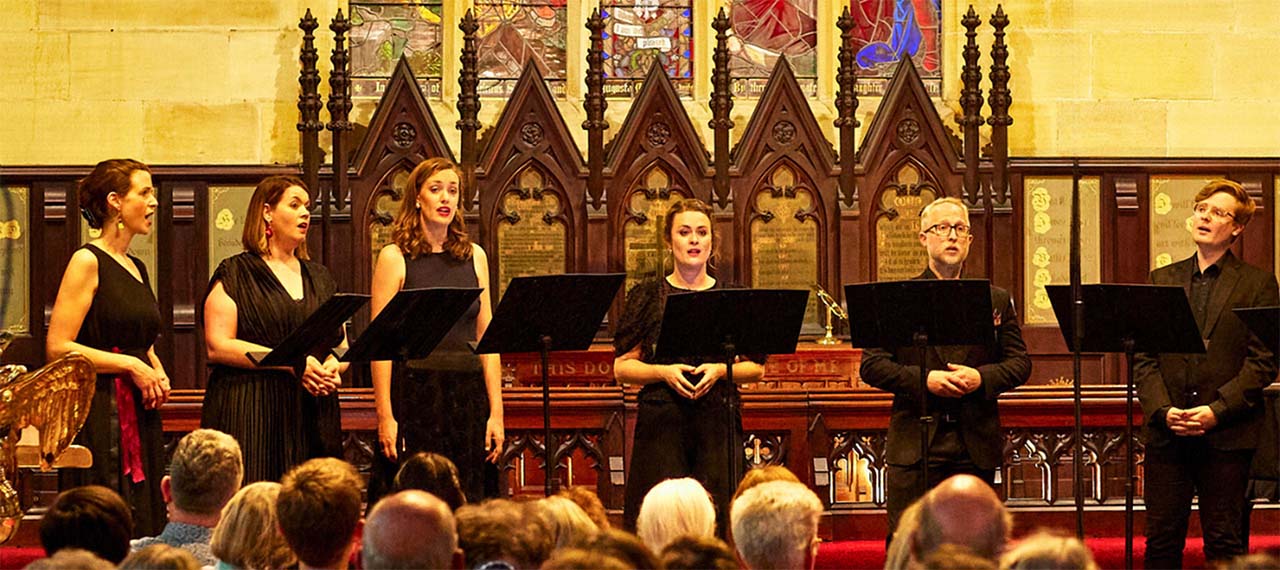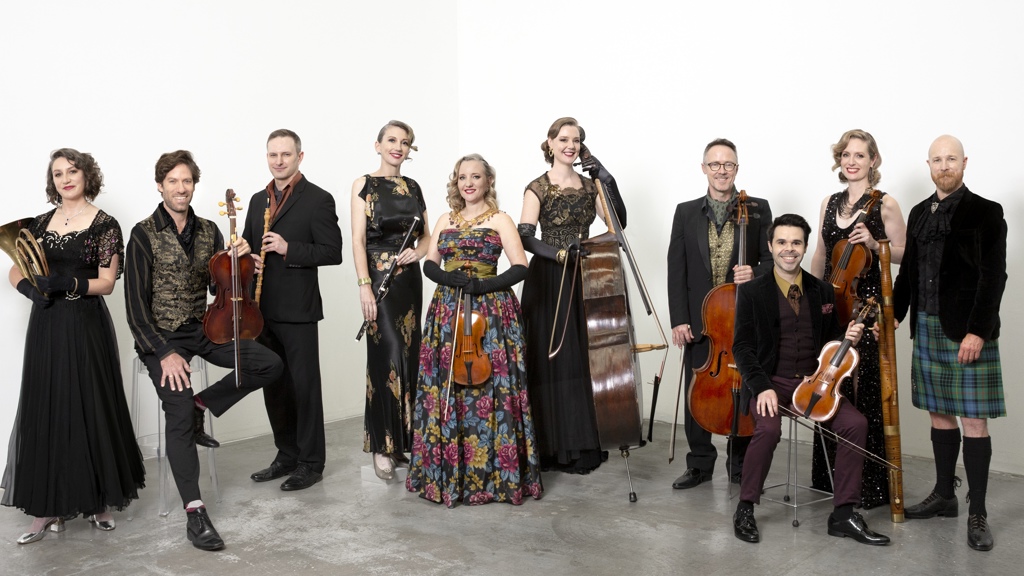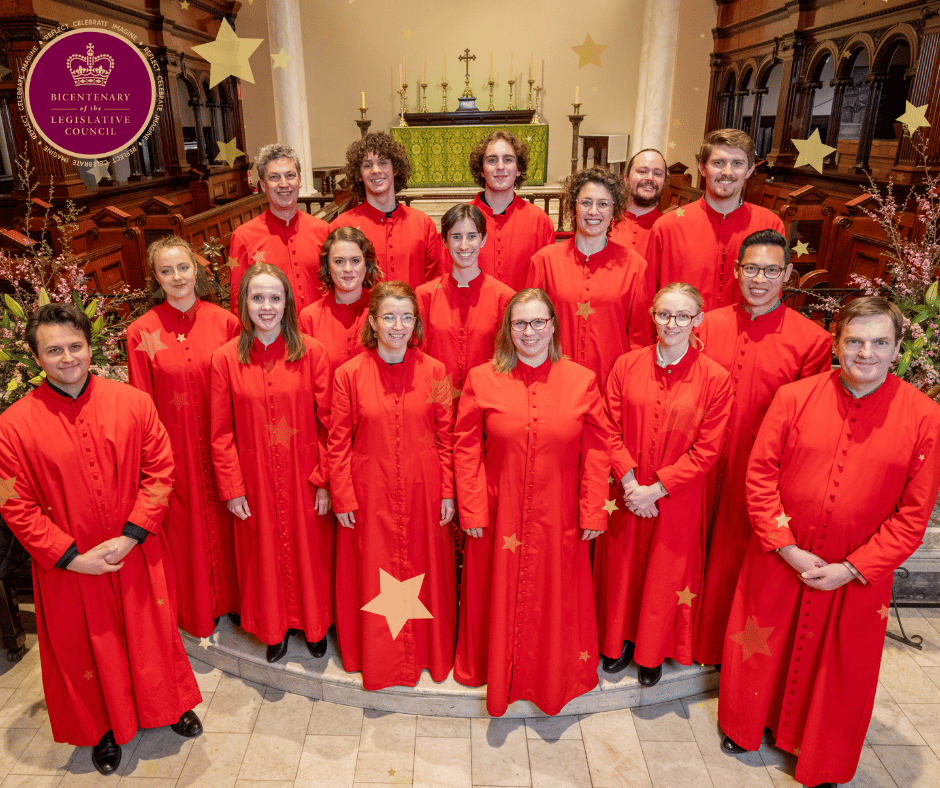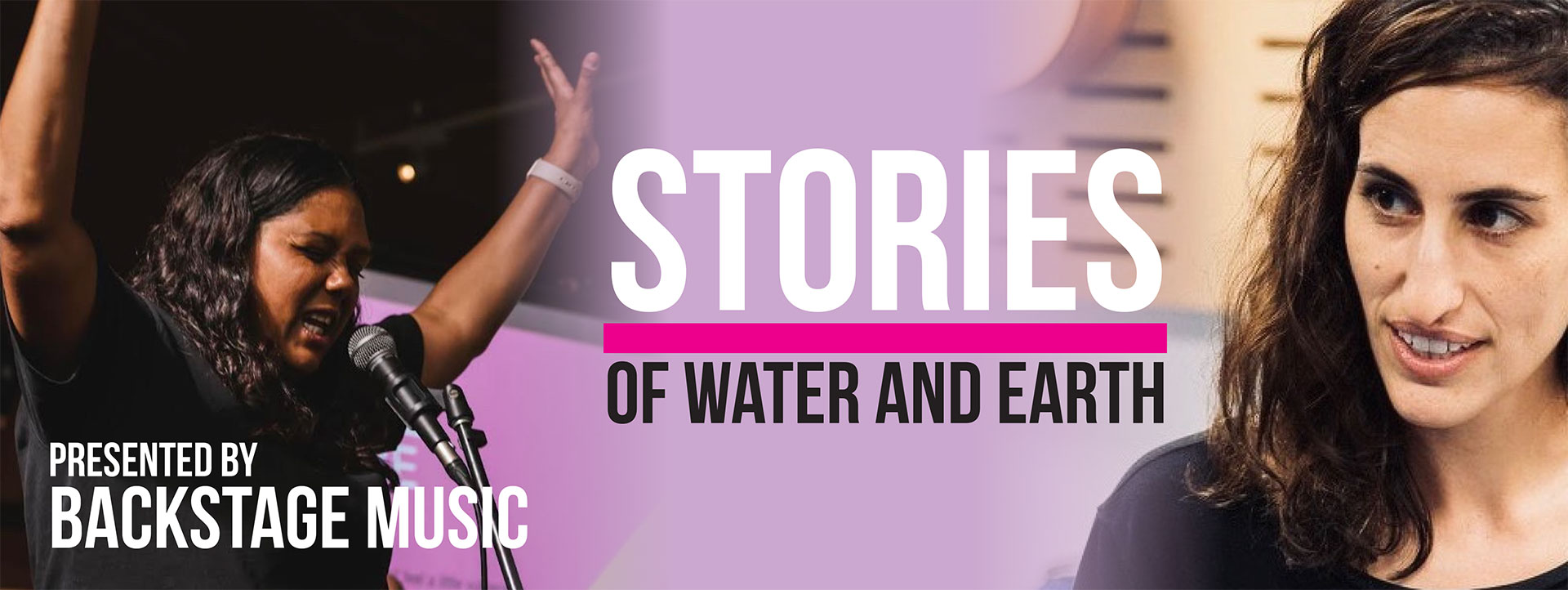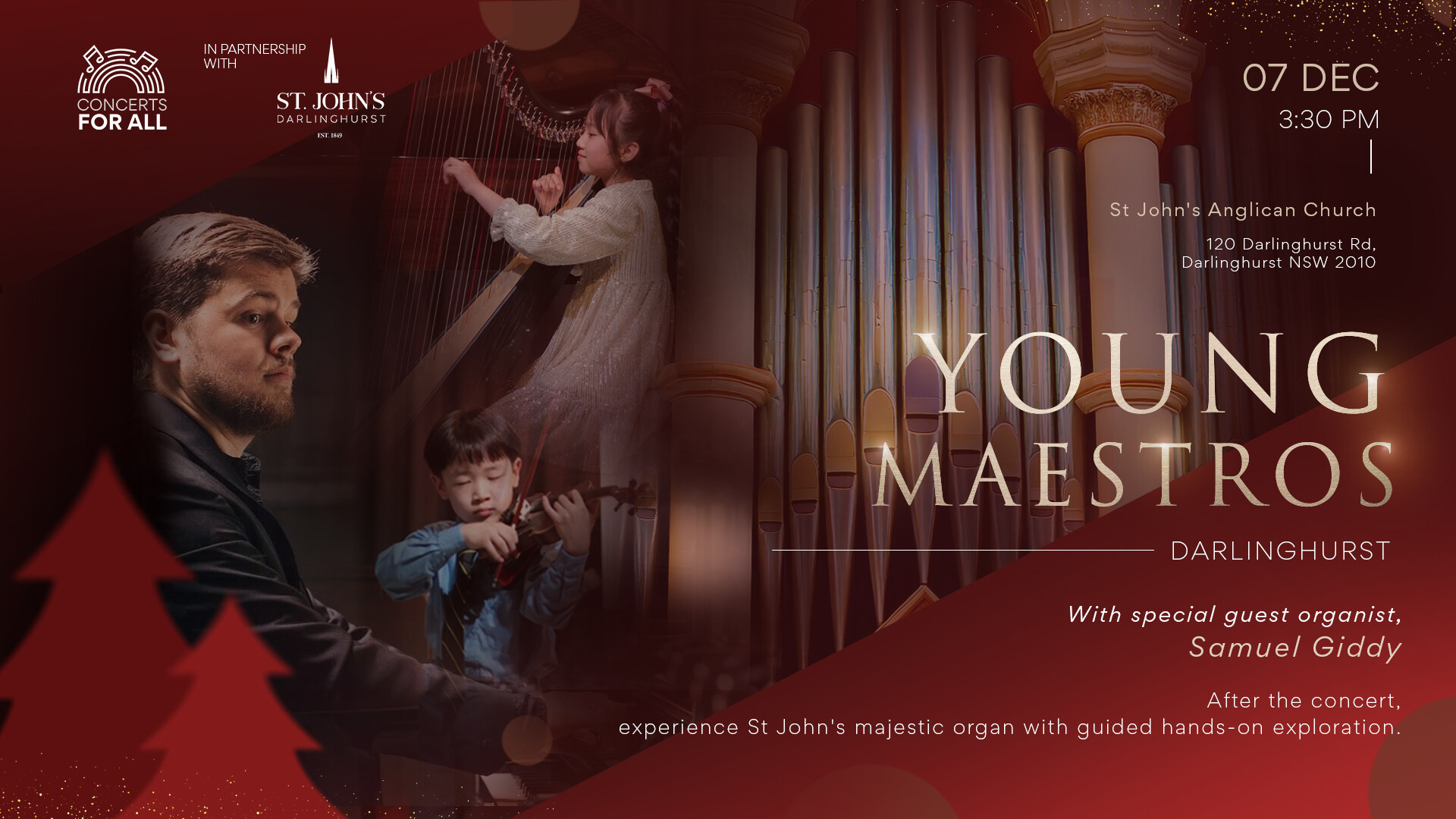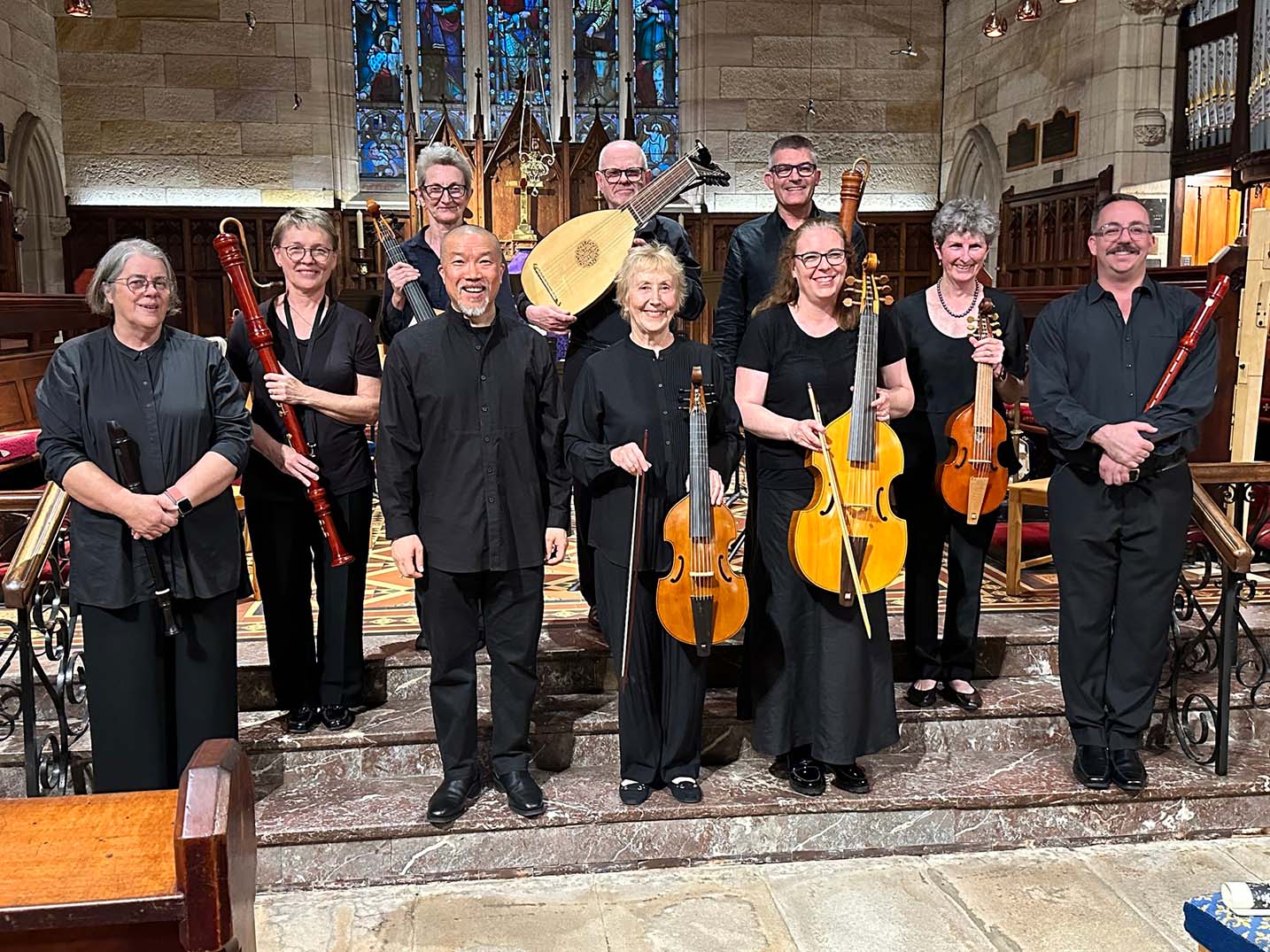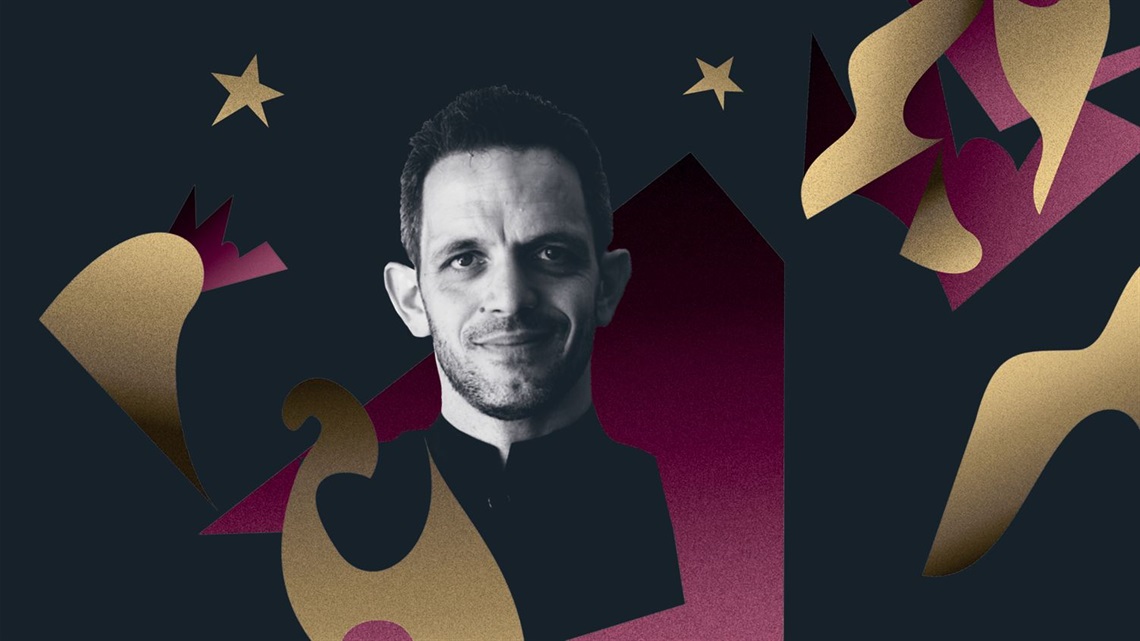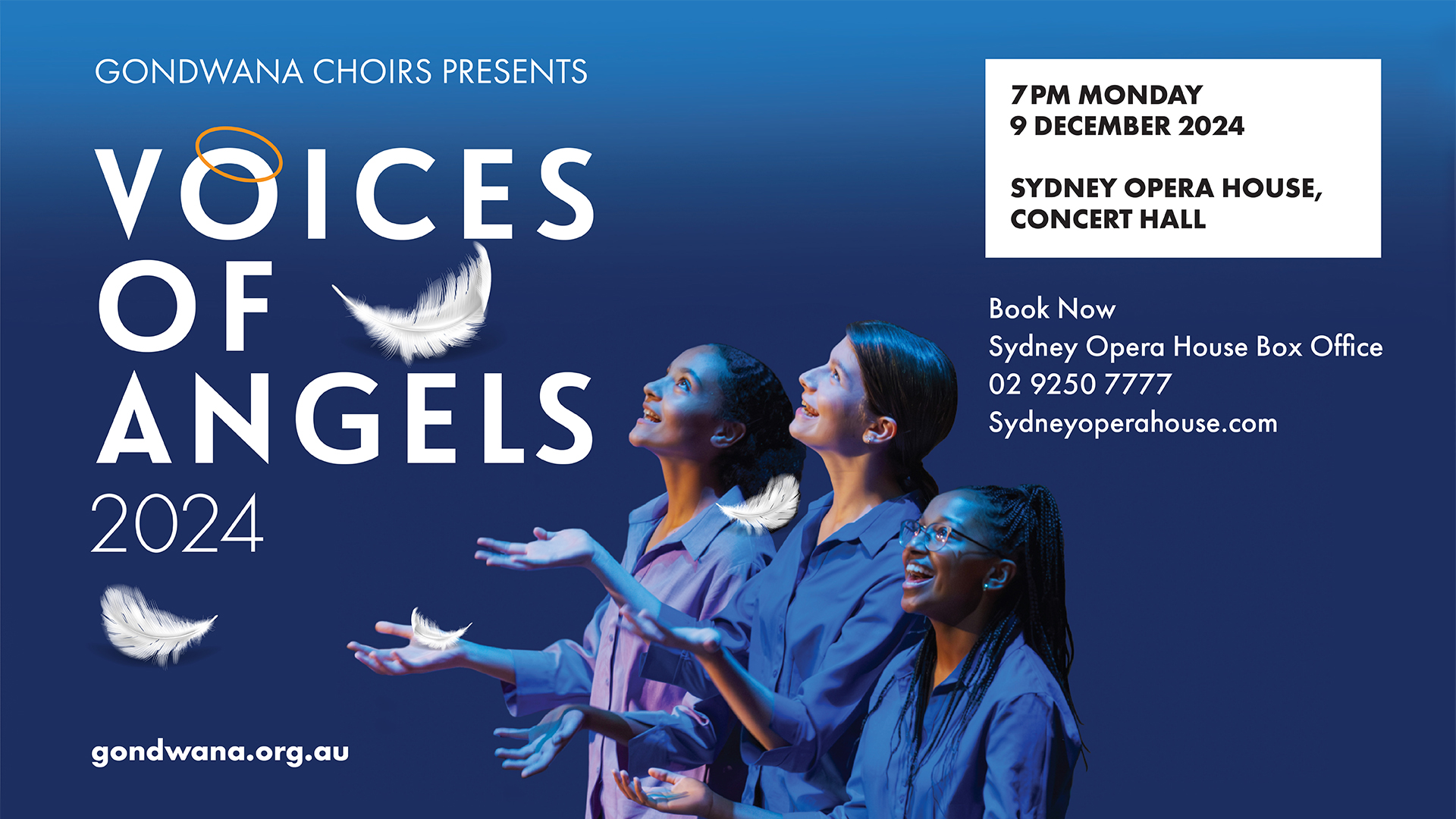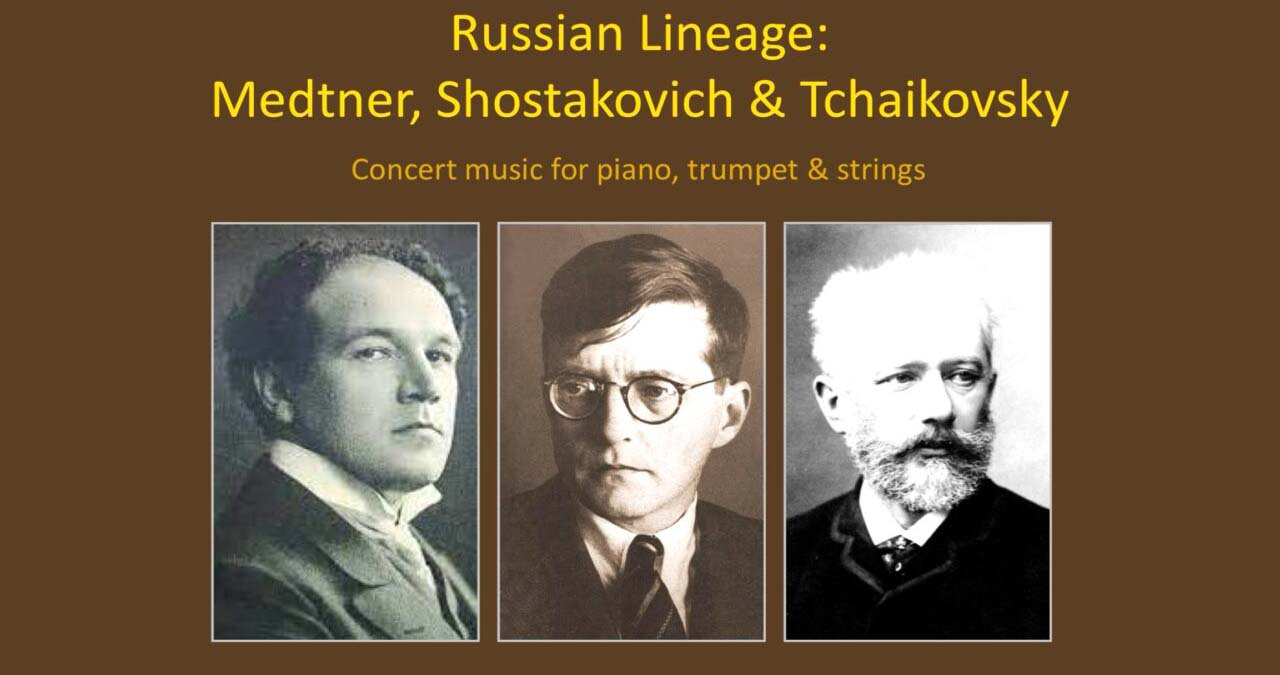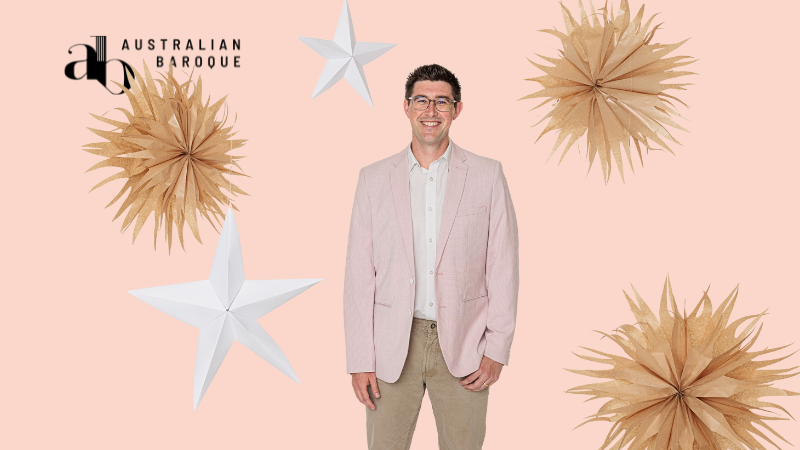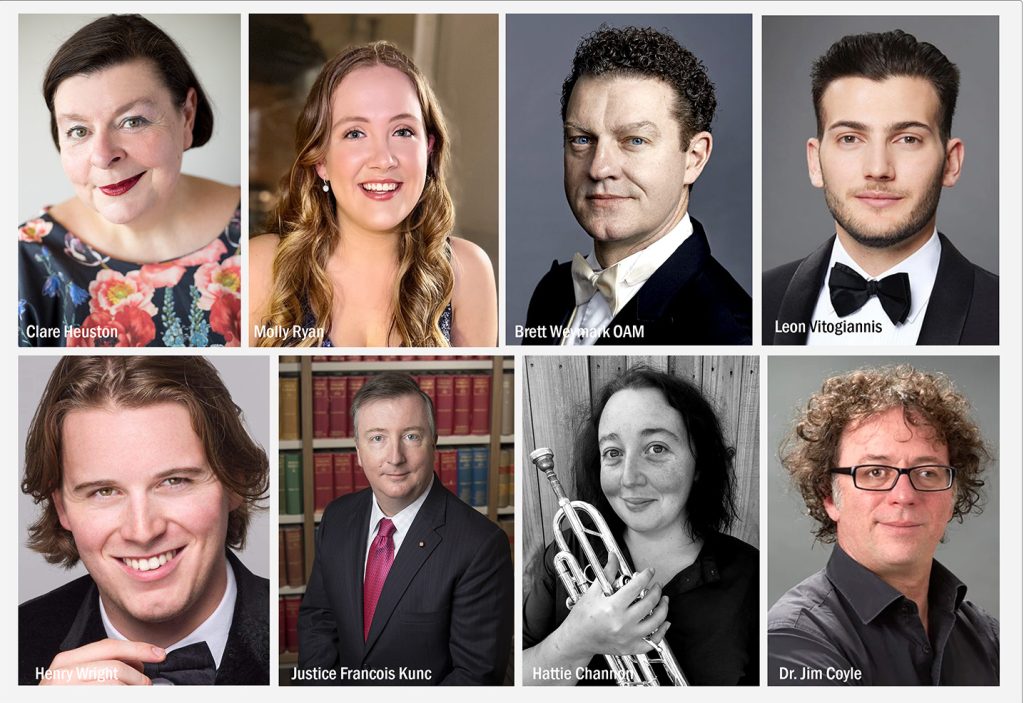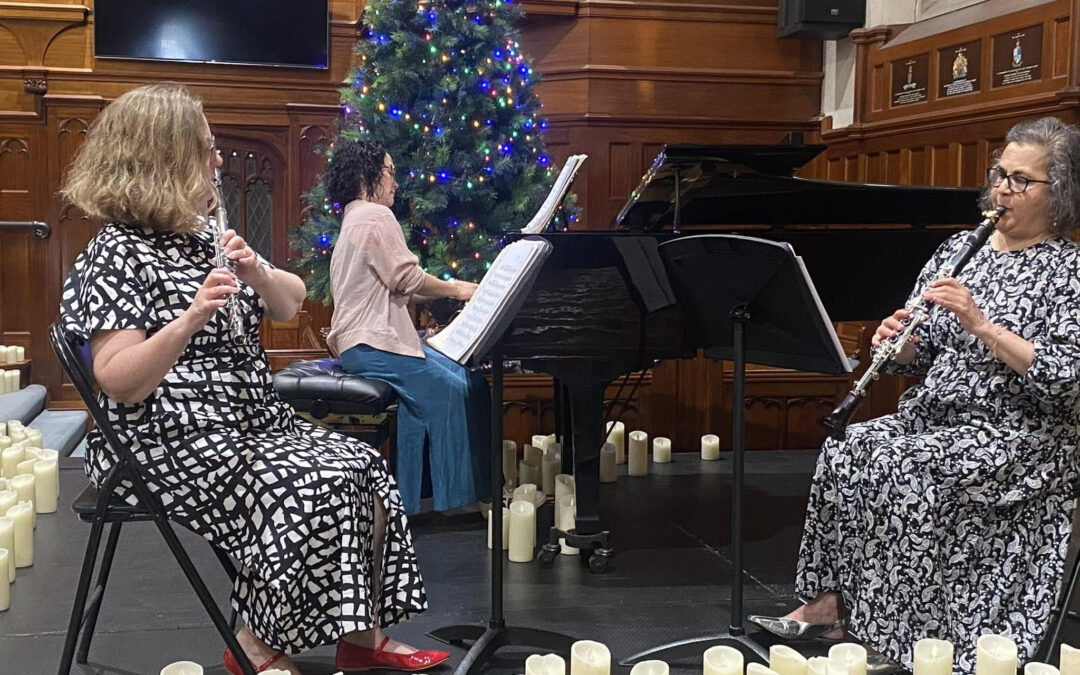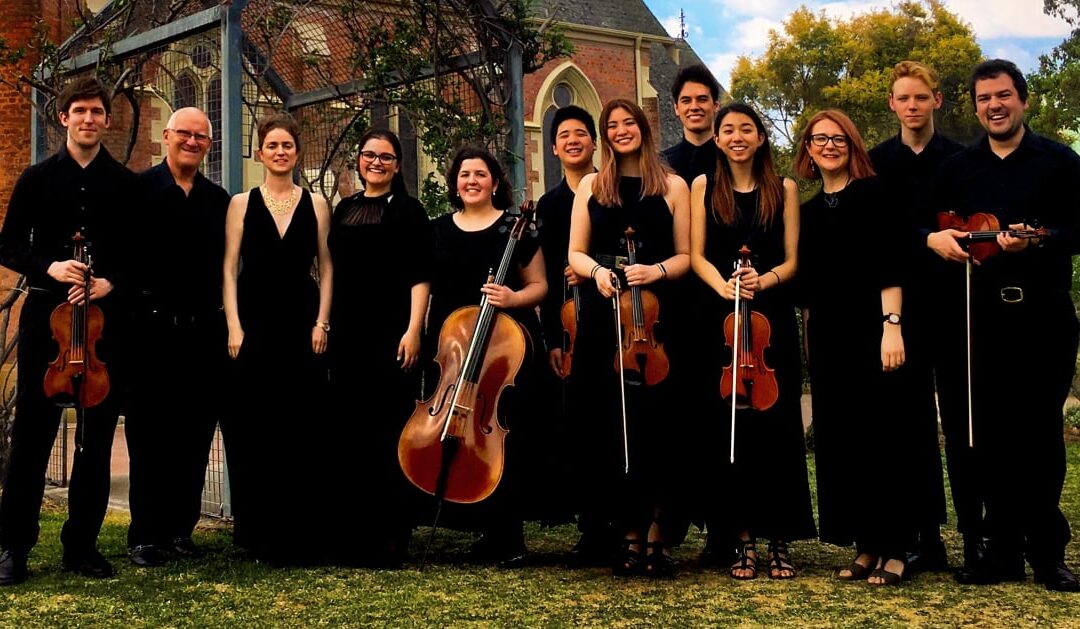What is Beethoven’s genius? Why is he still on of the the most profound composers in the history of classical music? Is it that his output still is greater than any other composer in history? Is it that his originality came at a time that shocked the audience around him into adulation?
An afternoon of wonder and intensity
Omega’s Artistic Director David Rowden created an afternoon of wonder and intensity in the selection of this program of two early 19th century works – one an unknown Octet by Ferdinand Thieriot written after Beethoven died and Beethoven’s String Quartet in A minor, no 15, Op 132 – one of the “late string quartets”. This was classical music up close and personal in the intimate chamber music ambience of the Sydney Opera House’s Utzon Room. With the Sydney Harbour at our feet, and in our face, the afternoon unfolded like a sail in the wind.
Rowden’s Omega line up was top-class – Ike See and Airena Nakamura (violin), Amandea Verner (viola), Teije Hylkema (cello), Alex Henery (double bass), David Rowden (clarinet), Michael Dixon (horn) and Ben Hoadley (bassoon.)
Ferdinand Thieriot, Octet in B Flat Major
We began with Thieriot, a rarely heard piece from a composer who faded into relative obscurity. The ensemble played delightfully with the romanticism and lyricism, giving the piece a film-like quality, sometimes light-hearted, sometimes deep and sorrowful, as in the Adagio, molto mesto. It was a perfect medium for this ensemble, with its ‘sensitivity in scoring’ creating sumptuous bass and cello lines for Alex Henery and Teije Hylkema balanced against the accuracy and energy of Rowden’s dancing clarinet.
Ludwig van Beethoven, String Quartet No 15, Op 132
Omega always have wonderful program information and interesting snippets to read. Rhiannon Cook’s notes are no exception and we learn after interval that Beethoven’s String Quartet was written at a time when grumpy Ludwig was struggling with serious stomach issues, as well as his legendary deafness, and writing his Ninth Symphony and Missa Solemnis. When Prince Nikolai Golitsyn from Saint Petersburg – “being as passionate an amateur as an admirer of your talent” – asked for three quartets, he agreed and wrote five – as you do.
The string quartet of See and Nakamura (violin), Verner (viola) and Hylkema (cello) breathed the piece into existence – literally – with its long and minimal introduction. From there it was game on, with intense and changing layers, breaking all the rules at the time of what a quartet of string players should do. They passed the themes and emotions across the quartet one to another, finishing with an ‘angst-filled coda which offers no reprieve,’. No wonder Ike See has been praised for his ‘unfailing musicality’ – his leadership was palpable and yet was stunningly complimented by Nakamura and Verner.
Outstanding players brought the music of the past to life and revealed Beethoven’s genius
It takes outstanding players to bring the music of the past to life and in doing so to reveal Beethoven’s genius – its essential modernity, with its abstraction, angles and layers. This is a composer completely uninterested in embellishments, paring back the notes to an elemental emotional gravitas. The Omega Ensemble showed, with dedication and passionate playing, just why Ludwig still speaks to us across the centuries.
Review for:
![]() Omega Ensemble: Beethoven’s Genius | 30 August 2015 | Utzon Room, Sydney Opera House
Omega Ensemble: Beethoven’s Genius | 30 August 2015 | Utzon Room, Sydney Opera House![]()

